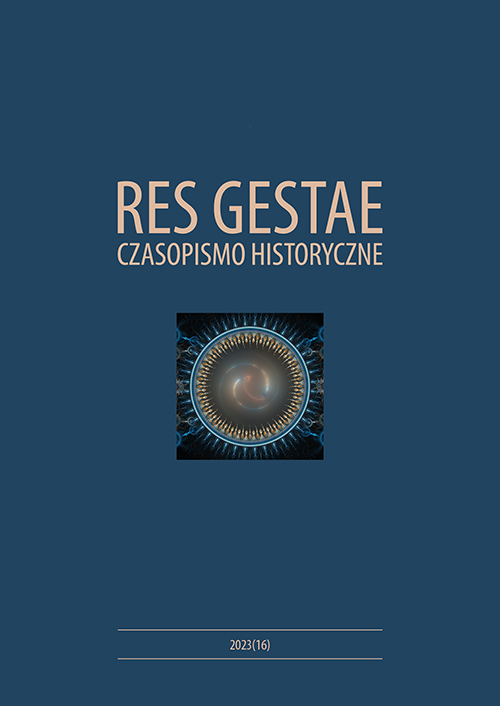Process of sovietisation of tertiary education in Slovakia in 1945-1956
Main Article Content
Abstrakt
The socio-political events of 1945-1956 are characterised by several phenomena that significantly marked the formation of tertiary education in Slovakia and determined its subsequent development. In the first years after the end of the war, attempts at political, economic, or cultural contacts with Western countries could still be observed in several Central European countries for some time. Universities maintained their traditional internal academic structure, organisation of student enrolment, content of studies, etc. This situation was mainly fostered by the needs of the country's reconstruction, which at the same time masked the political pragmatism of the new, but not yet fully strengthened, people's democratic regimes. Gradually, they became a priority concern of the Communist Party, whose aim was to gain ideological control over them. Soviet influence in education was exercised in the spirit of communist ideology, centralized state planning, and a bureaucratically controlled process of education marked by ideological influences. The paper aims to analyse the basic changes in educational models and specific features of Slovak higher education systems after the bipolar division of the world.
Article Details
|

